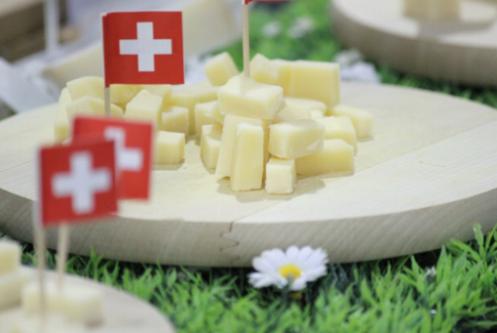Chocolate making is a fascinating process that involves a series of intricate steps to transform cacao beans into the decadent treat that we all know and love. From grinding and refining the cacao nibs to conching the chocolate to perfection, each stage plays a crucial role in achieving the smooth and velvety texture of a high-quality chocolate bar. Let's take a closer look at the journey of chocolate from bean to bar.

Grinding and Refining: Transforming Cacao Nibs into Chocolate Liquor
The process of grinding and refining plays a crucial role in transforming cacao nibs into chocolate liquor. This step involves breaking down the cacao nibs into a smooth, liquid form that serves as the base for all types of chocolate products. By grinding the cacao nibs, the cocoa butter is released, creating a paste-like substance known as chocolate liquor. This chocolate liquor serves as the foundation for all chocolate products and is further refined to achieve the desired taste and texture. Overall, the grinding and refining process is essential in creating high-quality chocolate products that are enjoyed by chocolate lovers worldwide.
Conching: The Art of Achieving Smooth and Velvety Chocolate
Conching is a crucial step in the chocolate making process, where the chocolate is continuously mixed and aerated to achieve a smooth and velvety texture. This process can last from a few hours to several days, depending on the desired end result. By gently heating and stirring the chocolate, the cocoa butter is evenly distributed throughout the mixture, resulting in a refined and homogenous product. The conching process also helps to develop the flavors of the chocolate, as the friction and heat during mixing release volatile compounds that contribute to the overall taste profile. The art of conching lies in finding the perfect balance of time, temperature, and intensity of mixing to create a chocolate that is both rich and well-rounded.
Tempering: The Science Behind the Perfect Chocolate Bar
Tempering is a crucial step in the chocolate making process that involves carefully controlling the temperature of the chocolate to ensure it sets properly. This process is essential for achieving the perfect texture, shine, and snap in a chocolate bar. By carefully heating and cooling the chocolate, cocoa butter crystals are arranged in a stable form, allowing the chocolate to harden and maintain its shape at room temperature. Tempering requires precision and skill, as even minor fluctuations in temperature can result in a dull, grainy finish. Mastering the science behind tempering is key to creating high-quality, delicious chocolate bars that impress even the most discerning chocolate connoisseurs.
Mold Filling and Cooling: Shaping Chocolate into its Final Form
The molten chocolate is poured into molds, which are typically made of silicone or metal. These molds come in various shapes and sizes, allowing chocolate makers to create an array of different products, from bars to truffles to bonbons.
Once the molds are filled with chocolate, they are placed in a cooling chamber. The cooling process is crucial for achieving the desired texture and appearance of the chocolate. As the chocolate cools, it solidifies and takes on the shape of the mold. The cooling time can vary depending on the size and thickness of the chocolate, as well as the temperature of the cooling chamber.
Once the chocolate has completely cooled and solidified, the molds are removed from the cooling chamber. The solid chocolate is then carefully removed from the molds, revealing the final product in all its delicious glory. From here, the chocolate may be packaged and prepared for distribution to eager consumers around the world.
Mold filling and cooling is the final step in the chocolate making process, transforming the tempered chocolate into its final form. This step is essential for creating beautifully shaped and perfectly textured chocolate products that are sure to delight chocolate lovers everywhere.
